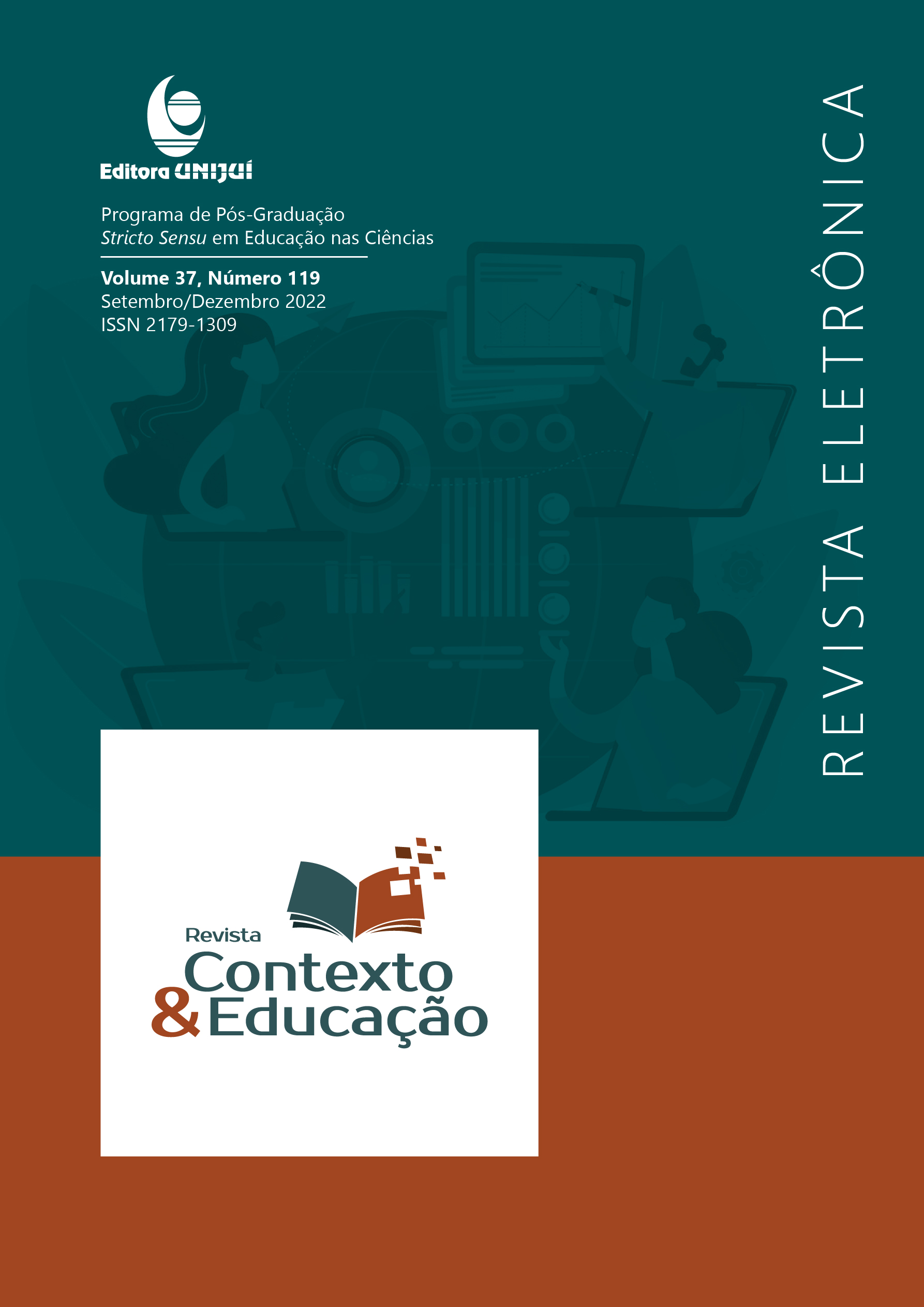Memories of a space of formation, struggles and history: the challenges of the escola família agrícola de Goiás
DOI:
https://doi.org/10.21527/2179-1309.2022.119.13184Keywords:
Rural Education, Efago, Pedagogy of Alternation, Omnilateral TrainingAbstract
The current study is a fragment of the final thesis for my Professional Master's Degree in Professional and Technological Education (ProfEPT), entitled Educational Practices at the Escola Família Agrícola de Goiás: Pedagogy of Alternation and student training. The aim is to contextualize the educational practices of the Escola Família Agrícola de Goiás (Efago) through documents and literature review that support the Pedagogy of Alternation, contextualizing it with the school’s historical process of struggles and resistance. This study also aims to explain the didactic-pedagogical processes of the aforementioned school and how its work reflects on the integral formation of the students through the Pedagogy of Alternation proposal. Still in light of the theoretical background, the analysis of school documents and the reports obtained in the field research, they point out challenges that are obstacles for the Efago’s journey. The result evidenced that Efago, upon completing its 29 years of existence, has an essential role for the lives and future of rural students, as it links education with reality and seeks to promote the transformation of the subjects where they are inserted, through the integral and omnilateral training. Finally, this study raises other hypothesis for further researches, as the time frame, carried out during the Covid-19 pandemic, did not allow a more complete investigation in specific situations.
Downloads
Published
How to Cite
Issue
Section
License
Copyright (c) 2022 Revista Contexto & Educação

This work is licensed under a Creative Commons Attribution 4.0 International License.
By publishing in Revista Contexto & Educação, authors agree to the following terms:
All works are published under the Creative Commons Attribution 4.0 International License (CC BY 4.0), which allows:
Sharing — to copy and redistribute the material in any medium or format;
Adaptation — to remix, transform, and build upon the material for any purpose, even commercially.
These permissions are irrevocable, provided that the following terms are respected:
Attribution — authors must be properly credited, a link to the license must be provided, and any changes made must be indicated.
No additional restrictions — no legal or technological measures may be applied that legally restrict others from doing anything the license permits.
Notices:
The license does not apply to elements that are in the public domain or covered by legal exceptions.
The license does not grant all necessary rights for specific uses (e.g., image rights, privacy, or moral rights).
The journal is not responsible for the opinions expressed in the articles, which are the sole responsibility of the authors. The Editor, with the support of the Editorial Board, reserves the right to suggest or request modifications when necessary.
Only original scientific articles presenting research results of interest that have not been previously published or simultaneously submitted to another journal with the same purpose will be accepted.
Mentions of trademarks or specific products are intended solely for identification purposes and do not imply any promotional relationship by the authors or the journal.
License Agreement (for articles published from October 2025): Authors retain the copyright to their article and grant Revista Contexto & Educação the right of first publication.


